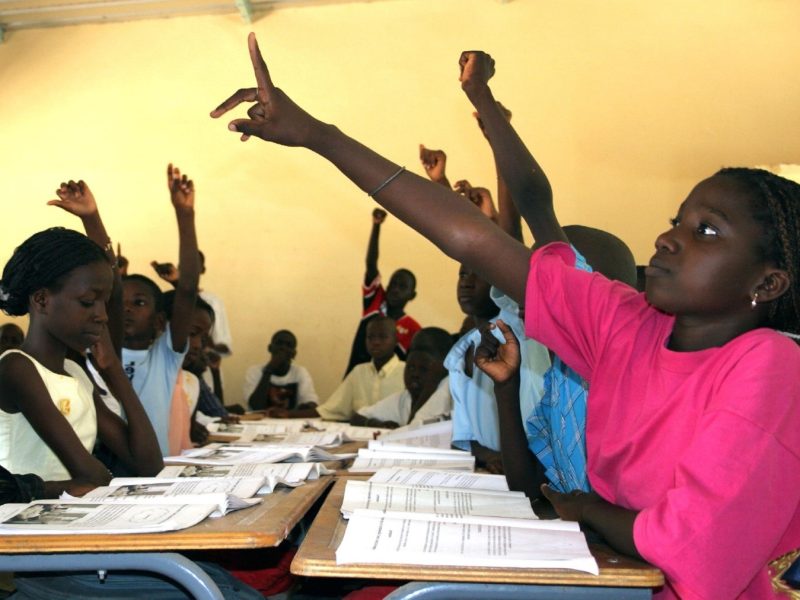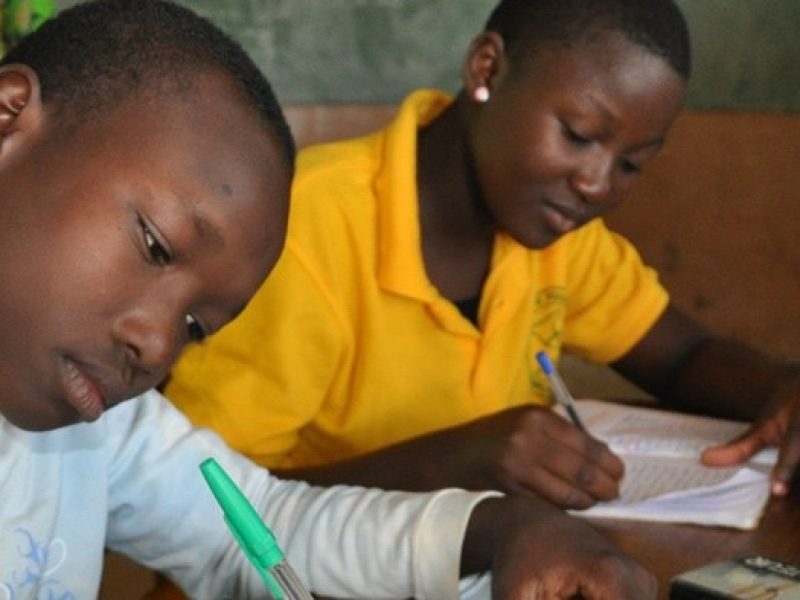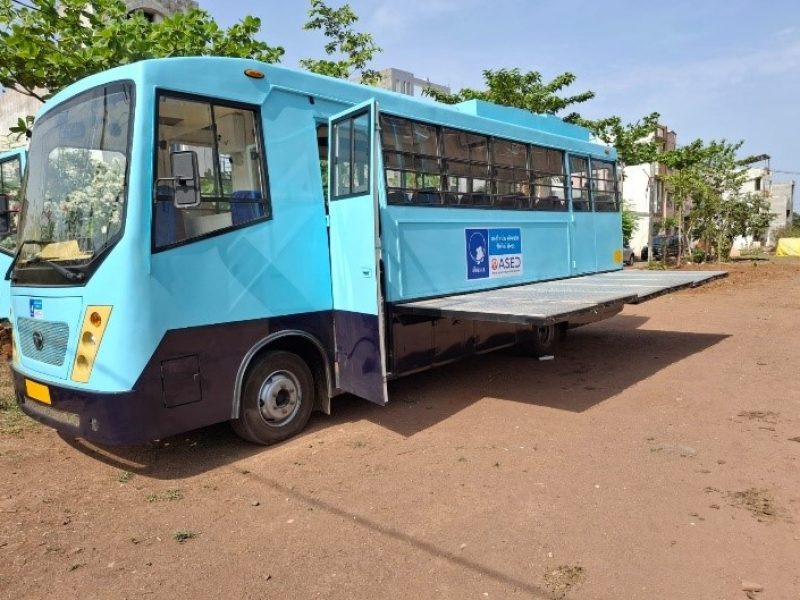If a country is to develop, it must implement the necessary strategies to achieve gender equality and equity. This balance can be measured in terms of education. In 20 years, the proportion of girls among all out-of-school children in developing countries has fallen from 58% to 53%*1. However, this growth masks major disparities. After primary school, girls are even more likely than boys to have to interrupt their schooling. Commonly victims of forced marriage, they are mostly confined to domestic and agricultural work.
ASED works on the ground with local players who seek to promote this equality despite customs, cultures and taboos. We are convinced that for these changes to take root in both mindsets and societies, they need to be driven by the societies in question.
In India
While rapid economic growth since the 2000s is often rightly cited as an example, the societal impact of this boom remains limited. With the exception of Pakistan, India lags behind all other South Asian countries when it comes to gender equality. This ranking is based on a number of social indicators, including literacy and the rate of women’s participation in the workforce.
In West Africa
While school enrolment has risen, girls’ school attendance and literacy rates remain low. The most persistent obstacles to girls’ schooling are early marriage and motherhood, traditional practices of isolation, favoritism towards boys when the family decides to invest in children’s education, and the division of domestic tasks. Whatever the country, if the cultures differ, the initiatives to be deployed to achieve this equality are not very far apart. They often involve practicality and concrete measures, two key notions for ASED. For example, installing sanitary blocks to guarantee the privacy girls need during menstruation reduces absenteeism by 20%*2 and can even prevent them from dropping out of school. Additionally, it improves overall hygiene conditions, with beneficial effects on the health of all students. A pragmatism that fuels the necessary communications with all stakeholders to promote the benefits of girls’ education – a sine qua non for building an egalitarian and flourishing society.
*1 Source: UNICEF
*2 Source: UN
Discover our projects

Pour que les jeunes filles puissent poursuivre leur scolarité.

Apprendre ensemble – Vivre ensemble

Quand l’école vient à toi : un bus pour apprendre, découvrir et créer

